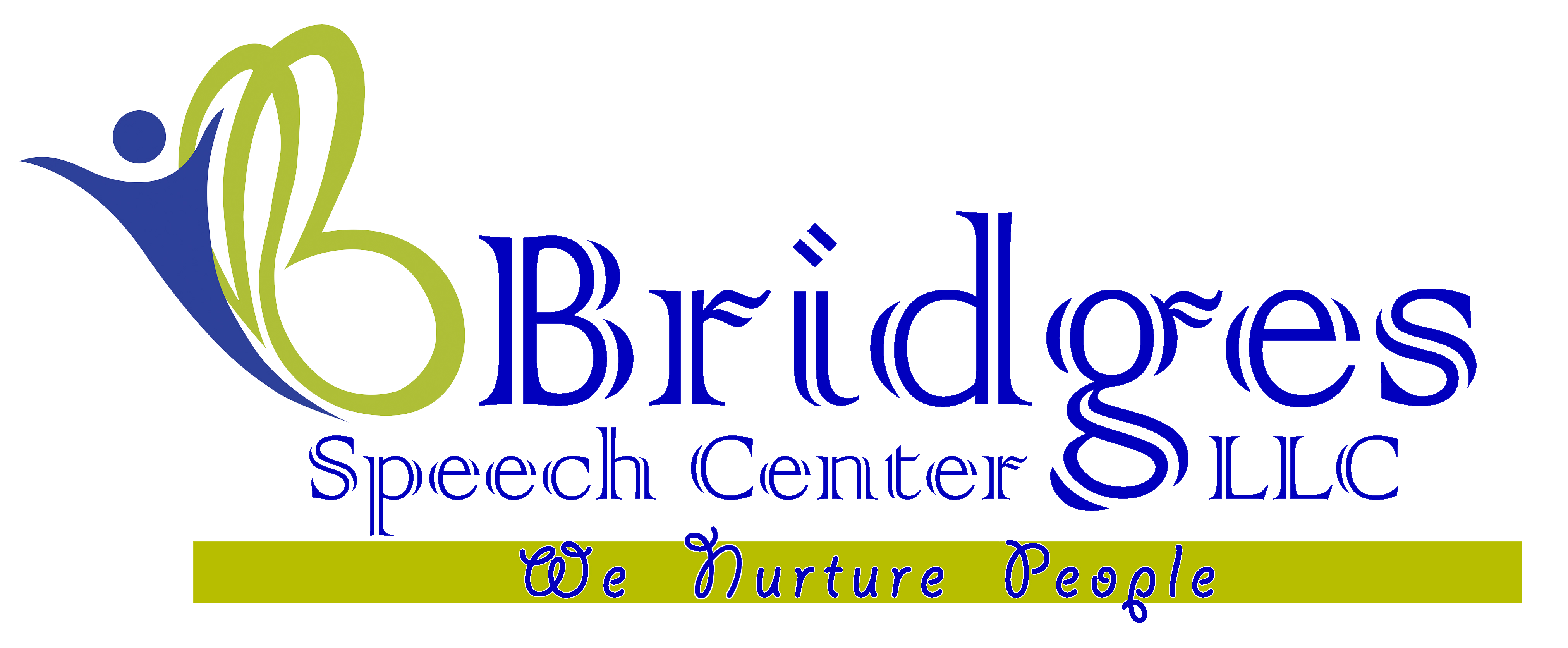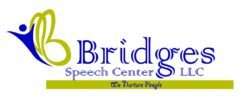- About Us
- Our Services
- Speech Therapy
- Speech and Language Therapies for Adults in Dubai
- Speech and Language Therapies for Children in Dubai
- Accent therapy
- Augmentative Alternative Communication (AAC) Therapy
- Articulation Speech Therapy
- Auditory Processing therapy/ Auditory verbal therapy
- Language Intervention: Speech Delay therapy
- Oral Motor Therapy
- Play Based therapy
- PROMPT/DTTC/RePT for Childhood Apraxia of Speech
- Social communication/Pragmatic language therapy
- Stuttering / Stammering therapy Program
- Spellography Program for Dyslexia
- Voice Therapy
- Home Care Services
- Feeding Therapy
- Physiotherapy
- Pediatric and Geriatric Physiotherapy
- Fall Prevention Programs for the Elderly
- Developmental Delay Treatment for Children
- Cerebral Palsy Management for Children
- Pediatric Orthopedic Conditions
- Osteoporosis Management for the Elderly
- Sports Injuries in Children
- Mobility and Balance Training for Elderly
- Joint Pain Treatment (Knee, Shoulder, Hip)
- Age-Specific Exercise Programs
- Coordination and Balance Exercises
- Orthopedic Physiotherapy
- Neurological Physiotherapy
- Sports Physiotherapy
- Cardiopulmonary Physiotherapy
- Women’s Health Physiotherapy
- Manual Therapy
- Therapeutic Exercise
- Pain Management
- Electrotherapy
- Ergonomic Consultation
- Tele-Physiotherapy Services
- Pediatric and Geriatric Physiotherapy
- Occupational Therapy
- Sensory Integration
- Clinical Psychology & Psychotherapy
- Cognitive Behavioral Therapy(CBT)
- ABA /Behavior Therapy
- Bridge Learning Program
- Group therapy
- Summer/Winter Program
- Telehealth Services
- Training Program/CEU
- Internship/ Observership
- Speech Therapy
- Super Team
- Collaboration
- Training Course
- News/Blogs
- About Us
- Our Services
- Speech Therapy
- Speech and Language Therapies for Adults in Dubai
- Speech and Language Therapies for Children in Dubai
- Accent therapy
- Augmentative Alternative Communication (AAC) Therapy
- Articulation Speech Therapy
- Auditory Processing therapy/ Auditory verbal therapy
- Language Intervention: Speech Delay therapy
- Oral Motor Therapy
- Play Based therapy
- PROMPT/DTTC/RePT for Childhood Apraxia of Speech
- Social communication/Pragmatic language therapy
- Stuttering / Stammering therapy Program
- Spellography Program for Dyslexia
- Voice Therapy
- Home Care Services
- Feeding Therapy
- Physiotherapy
- Pediatric and Geriatric Physiotherapy
- Fall Prevention Programs for the Elderly
- Developmental Delay Treatment for Children
- Cerebral Palsy Management for Children
- Pediatric Orthopedic Conditions
- Osteoporosis Management for the Elderly
- Sports Injuries in Children
- Mobility and Balance Training for Elderly
- Joint Pain Treatment (Knee, Shoulder, Hip)
- Age-Specific Exercise Programs
- Coordination and Balance Exercises
- Orthopedic Physiotherapy
- Neurological Physiotherapy
- Sports Physiotherapy
- Cardiopulmonary Physiotherapy
- Women’s Health Physiotherapy
- Manual Therapy
- Therapeutic Exercise
- Pain Management
- Electrotherapy
- Ergonomic Consultation
- Tele-Physiotherapy Services
- Pediatric and Geriatric Physiotherapy
- Occupational Therapy
- Sensory Integration
- Clinical Psychology & Psychotherapy
- Cognitive Behavioral Therapy(CBT)
- ABA /Behavior Therapy
- Bridge Learning Program
- Group therapy
- Summer/Winter Program
- Telehealth Services
- Training Program/CEU
- Internship/ Observership
- Speech Therapy
- Super Team
- Collaboration
- Training Course
- News/Blogs
Table of Contents
TogglePediatric and Geriatric Physiotherapy Treatment in Dubai
- Home
- Our Services
- Physiotherapy
Headache Treatment: Techniques to Alleviate and Prevent Headaches
Headaches are a common ailment affecting people of all ages and backgrounds. They can range from mild discomfort to severe pain, significantly impacting daily activities and quality of life. Effective headache treatment involves a comprehensive approach aimed at alleviating current symptoms and preventing future occurrences. This internal page explores various techniques and strategies used in headache management, tailored to individual needs and types of headaches.
Understanding Headaches
Types of Headaches
Headaches can be categorized into several types, each with its unique characteristics and underlying causes:
- Tension Headaches: Typically mild to moderate in intensity, often felt as a band-like pressure around the head.
- Migraines: Intense throbbing pain, often accompanied by sensitivity to light and sound, nausea, and visual disturbances.
- Cluster Headaches: Severe, recurring headaches that occur in clusters or groups, usually around one eye, and often accompanied by redness and tearing of the eye.
Causes and Triggers
Identifying the underlying cause and triggers of headaches is crucial for effective treatment and management. Common triggers include:
- Stress and Anxiety: Emotional stress and anxiety can contribute to tension headaches and migraines.
- Poor Posture: Incorrect posture, especially while working or sitting for extended periods, can lead to tension headaches.
- Dietary Factors: Certain foods and beverages, such as caffeine, alcohol, and processed foods, may trigger migraines in susceptible individuals.
- Environmental Factors: Loud noises, bright lights, strong odors, and changes in weather can trigger headaches.
Techniques for Headache Management
- Medication Management
- Over-the-Counter (OTC) Pain Relievers: Non-prescription medications like acetaminophen, ibuprofen, and aspirin can provide relief for mild to moderate headaches.
- Prescription Medications: For severe or recurring headaches, prescription medications such as triptans (for migraines) or preventive medications may be prescribed by healthcare providers.
- Lifestyle Modifications
- Stress Management: Techniques such as relaxation exercises, deep breathing, meditation, and yoga can help reduce stress levels and alleviate tension headaches.
- Healthy Sleep Habits: Establishing a regular sleep schedule and ensuring adequate sleep can help prevent headaches triggered by sleep disturbances.
- Regular Exercise: Physical activity releases endorphins, which can help alleviate headache symptoms and reduce the frequency of migraines.
- Behavioral Therapies
- Cognitive Behavioral Therapy (CBT): CBT techniques can help individuals identify and modify negative thought patterns and behaviors that contribute to headaches.
- Biofeedback: Biofeedback techniques teach individuals to control physiological responses such as muscle tension and heart rate, which can reduce headache frequency and severity.
- Alternative Therapies
- Acupuncture: Acupuncture involves the insertion of thin needles into specific points on the body to alleviate pain and may be effective for some individuals with headaches.
- Herbal Remedies: Certain herbs and supplements, such as feverfew and butterbur, have shown promise in preventing migraines, although their effectiveness varies.
Prevention Strategies
- Identifying Triggers
- Headache Diary: Keeping a diary to track headache frequency, triggers, and symptoms can help identify patterns and triggers for individualized prevention strategies.
- Education and Lifestyle Adjustments
- Nutritional Counseling: Educating individuals about dietary triggers and recommending a balanced diet rich in fruits, vegetables, and whole grains can help prevent migraines triggered by food.
- Posture and Ergonomics: Providing guidance on ergonomic workspace setups and posture correction techniques can reduce tension headaches caused by poor posture.
Collaborative Care Approach
Effective headache management often requires a collaborative approach involving healthcare providers, including physicians, neurologists, physiotherapists, and psychologists. This approach ensures comprehensive evaluation, accurate diagnosis, and personalized treatment plans tailored to each patient’s specific needs and headache characteristics.
Conclusion
Headache treatment involves a multifaceted approach that addresses both immediate relief and long-term prevention strategies. By combining medication management, lifestyle modifications, behavioral therapies, and preventive strategies, healthcare providers can help individuals effectively manage headaches, improve quality of life, and reduce the impact of headaches on daily activities.
Contact Us
For more information on headache treatment or to schedule a consultation with our healthcare team, please contact us. We are committed to providing personalized care and comprehensive strategies to help you manage and prevent headaches effectively.
Make Appointment
Testimonials
What Parents Say
Send us an email if you wish to talk to any of them. For more reviews, please go to Google reviews.

My experience with bridges speech centre has been great. My child is attending OT in the center and we are happy and proud with the progress Mrs. Richa has made. The therapists are very supportive and knowledgable in selecting techniques to suit with our child's requirements . Their monthly review and evaluation is remarkable. I highly recommend bridges speech centre to anyone looking for an affordable and professional therapy for their child....

We were asked to consult a speech therapist for my son. As parents we were quite skeptical about this whole process. However, once my son started attending Dr Rupali’s sessions we noticed a drastic improvement in his speech. He used to speak only a few words but within the 1st four sessions he started speaking up-to 5 words sentences. I also learnt to manage my child’s emotions better with Dr Rupali’s guidance. She is very cooperative and patiently answer all questions.

We took our 21 month old daughter to Bridges speech center following her cleft palate surgery as she needed Speech therapy. Ms.Rupali was recommended to us by both our Pediatrician and ENT specialist. The staff at Bridges are qualified, warm and friendly. My daughter loved to attend the speech therapy sessions. Through various techniques and simulations provided during these sessions, I can see considerable improvement in my daughter's speech. Lastly I would say, no child is same, as parents we need to be patient and trust the process.

Rupali was excellent. In just couple of sessions she helped my child overcome difficulty in pronouncing ch and sh sound. Thanks very much.Highly recommend for children who will need assistance in speech therapy.
Blog & Article
Our Latest Blog & Articles
What Is the Difference Between Occupational Therapy and Physical Therapy?
If you are searching what is the difference between occupational therapy and physical...
Sensory Integration Therapy at Home for Children with Sensory Challenges
When a child gets overwhelmed by everyday sounds, refuses certain clothes because they...



